Ukraine official says Kiev may drop NATO bid; retracts statement after backlash
Ukraine may give up its ambition of joining the US-led NATO alliance in a bid to avert "war", the country’s envoy to Britain has suggested, noting that Kiev is willing to be "flexible" on the issue.
In a BBC interview Sunday, on being asked whether Kiev would be willing to forego plans to pursue membership of the Atlantic military alliance, Vadym Prystaiko said the option is on the table.
"We might - especially being threatened like that, blackmailed by that, and pushed to it," asserted Prystaiko, who served as Ukraine’s foreign minister until 2020.
The remarks came amid persistent claims by the US that Russia plans to invade Ukraine, despite repeated denials by Moscow, who see it as a pretext by the US and its allies to beef up their military presence in Eastern Europe.
Moscow has demanded security guarantees from the military alliance that they would not further expand eastward closer to Russian borders.
The demands, however, have been snubbed by Washington and its European allies, who emphasize that the NATO membership will remain open to Ukraine.
Shortly after his remarks created a stir around the world, Prystaiko returned to the BBC to say that the country would not be reconsidering its bid to join the military alliance.
President Volodymyr Zelenskyy's spokesperson also responded to the envoy’s remarks, stating that Ukraine’s aspirations to join NATO and the European Union are envisaged in its constitution and remain its absolute priority.
The interview came as Ukrainian Foreign Minister Dmytro Kuleba said his nation was seeking an explanation from Russia within the next 48 hours about the military buildup on its borders.
In a joint statement on Friday after Russian President Vladimir Putin met his Chinese counterpart Xi Jinping in Beijing, the duo called on NATO to “abandon the ideological approaches of the Cold War”.
On the same day, Russia's foreign ministry also dismissed a joint response by NATO and the European Union to its questions on security as “disrespectful and lacking substance “.
The ministry said Russian Foreign Minister Sergei Lavrov had asked all member nations of the two blocs about their understanding of the principle of "indivisible security," expecting an individual response from each country.
Instead, it added, he only received replies from the head of NATO and the EU foreign policy chief, insisting that "such a step cannot be seen as anything other than a sign of diplomatic impoliteness and disrespect for our request."
Pentagon denies mulling preemptive bans on Russia
Pentagon spokesman John Kirby emphasized on Sunday that Washington is not mulling "preemptive" sanctions on Russia over Ukraine, suggesting that it would be counterproductive.
"If it's a deterrent and you use it before the aggression is made or the transgression is made, then you lose your deterrent effect," Kirby said in an interview with right-wing Fox News network.
"If you punish someone for something they haven't done yet then they might as well just go ahead and do it,” he underlined. “So we believe that there is a deterrent effect by keeping them in reserve, and we have been very clear with the international community and with Mr. Putin about the severity of the economic consequences that he could face."
On being pressed to reaffirm that Washington would not impose sanctions on Russian in the absence of an "aggression," the Pentagon spokesman said, "Right now we are not considering a preemptive sanction regime."
His remarks echoed comments made by US Secretary of State Antony Blinken last month, when he pointed out that if new sanctions were "triggered now," the US would "lose the deterrent effect."
It came as Russian officials have dismissed US threat of sanctions against the country amid raging row between the global rivals over the Ukraine crisis.
"We've been sanctioned so many times that we lost count," Russia’s United Nations ambassador Vasily Nebenzya said during a press briefing at the UN headquarters earlier this month, warning the US and its Western allies of a potential backlash.
"I hope they will have enough reason not to move forward with that. But that will backfire."
Nebenzya’s comments came in response to a question on how Moscow would react to potential sanctions imposed by Washington and its European allies.
A day before that, he had blasted Washington for staging a UN Security Council meeting on the Ukraine crisis, accusing American officials of attempting to "whip up hysteria" and to mislead the world community about the actual state of affairs around Ukraine, describing the effort as an example of “megaphone diplomacy.”
Moscow has raised concerns that the US or its allies may be preparing for provocation against the self-proclaimed Donbass region to reignite the frozen conflict in eastern Ukraine.
Last week, mainstream US media reported that Senate negotiations on a so-called "mother of all sanctions" bill against Russia were ongoing, and were running against the clock of a 21 February deadline, when the Senate will go into recess for a week.
Democrat Senator Jeanne Shaheen recently told a Washington think tank that sanctions aimed at holding Vladimir Putin "accountable" were "very close" to an agreement between Democrat and Republican members of the Foreign Relations Committee, Sputnik News reported Sunday.
According to the report, Republican Senator Joni Ernst last month called for new sanctions against Russia to "show strength and not be in a position of a doctrine of appeasement."
In Washington, White House National Security Adviser Jake Sullivan claimed an invasion could begin "any day now."
Sullivan asserted that Washington is closely monitoring for a potential "false flag" operation by Moscow as a pretext for a full-scale invasion so it can claim it is responding to a Ukrainian aggression.
Russia, however, contends that its build-up of troops within its territory along the Ukraine border is a matter of its own security concerns irrelevant to the outside world.
Hamas thanks Iran, Resistance Front following achievement of ceasefire in Gaza
'Capitulation': Israeli officials and media concede Gaza defeat as truce unfolds
'Gaza has won': Social media users react to ceasefire with mix of relief, joy
Iran seeks South Korea’s assistance for AI, fiber-optic projects
VIDEO | Iran's 'Eqtedar' (Power) maneuver
Israel hits HTS military target in Syria for 1st time since fall of Assad
VIDEO | Press TV's news headlines
Israel has slaughtered 13,000 students in Gaza, West Bank


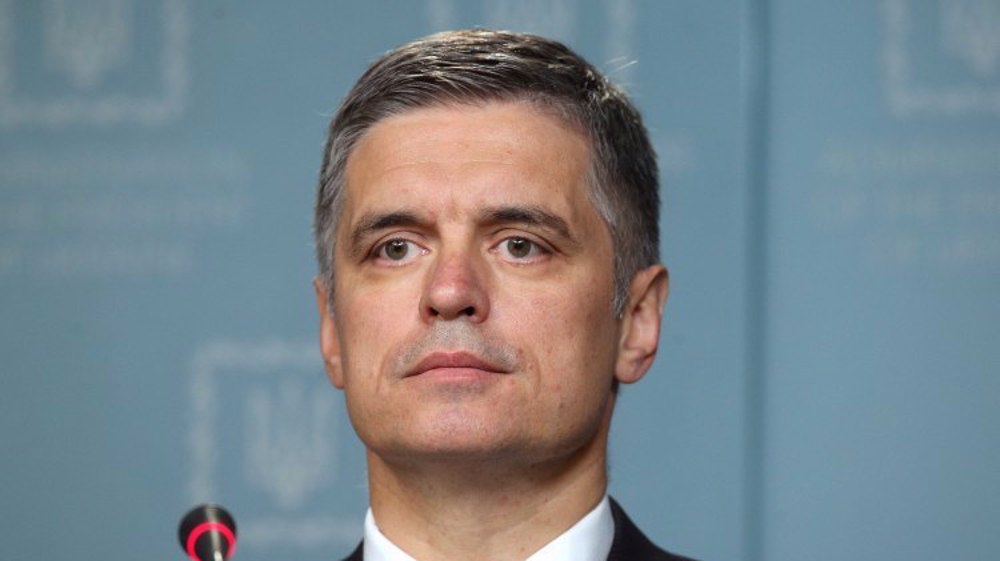
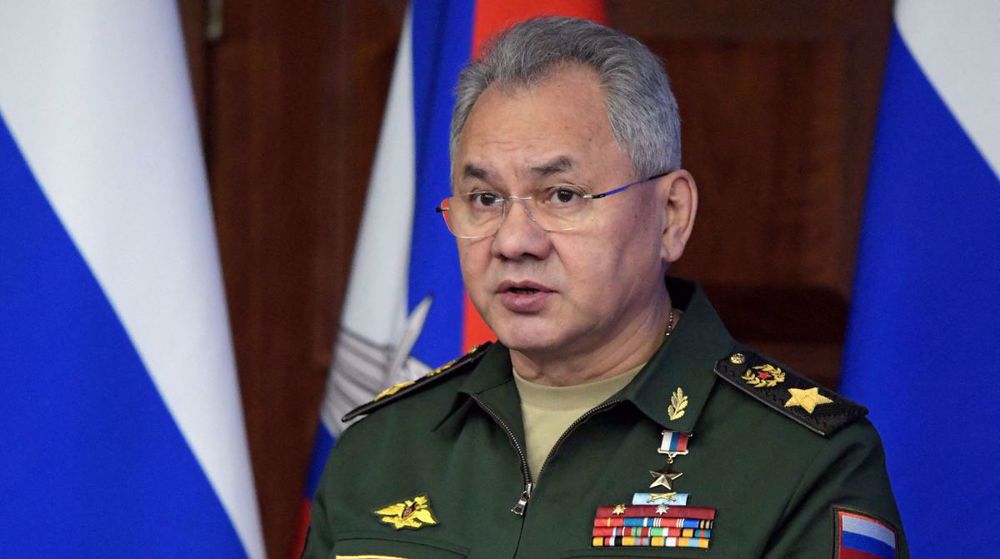
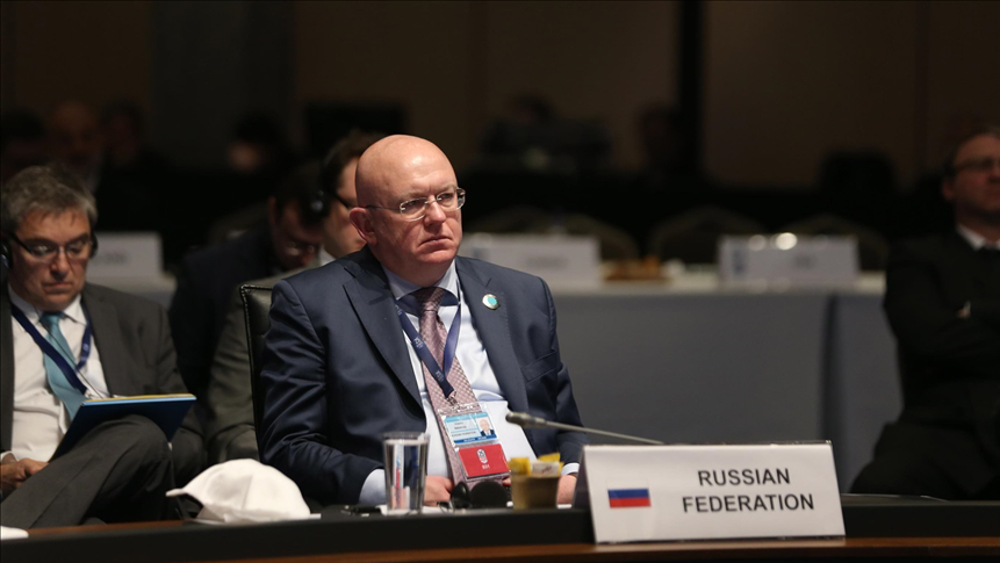
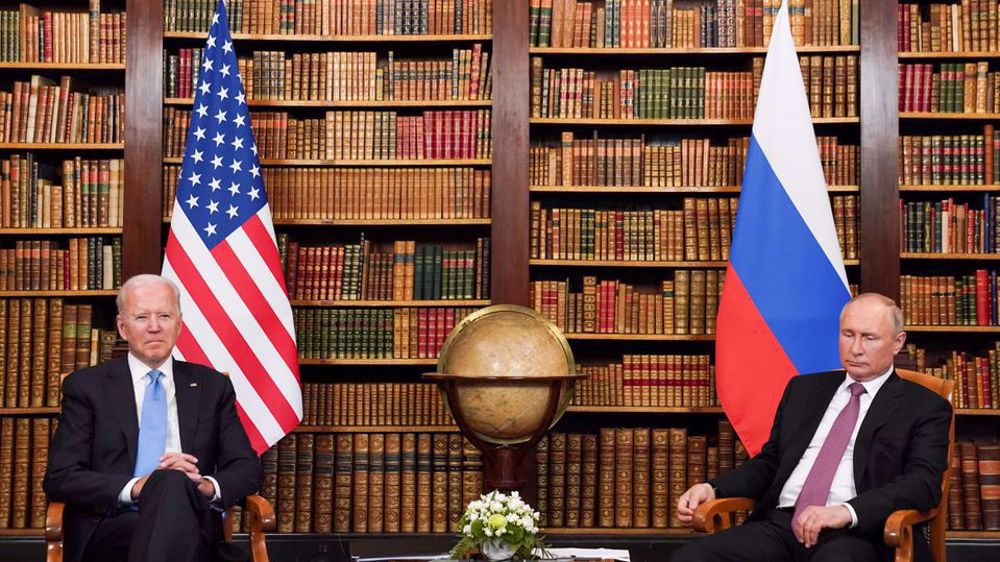

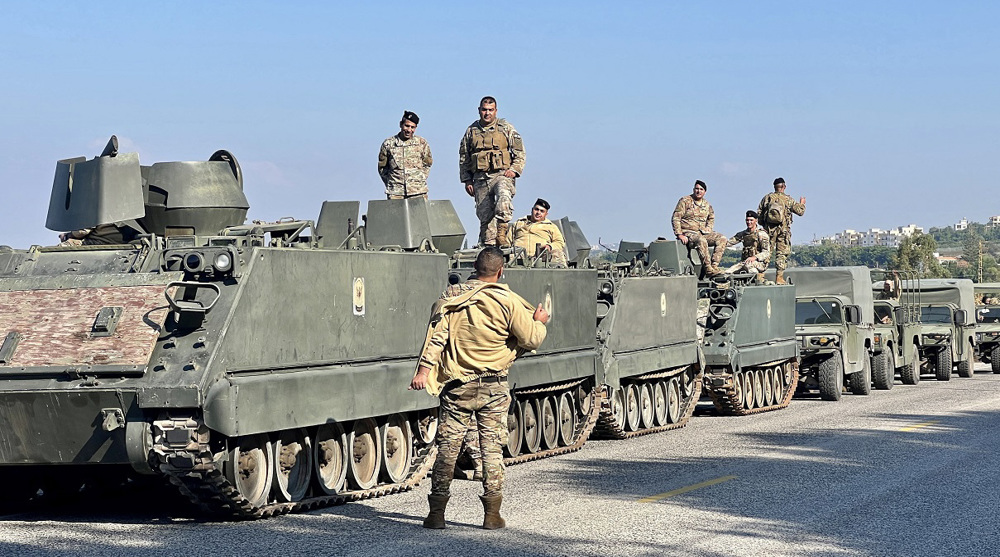
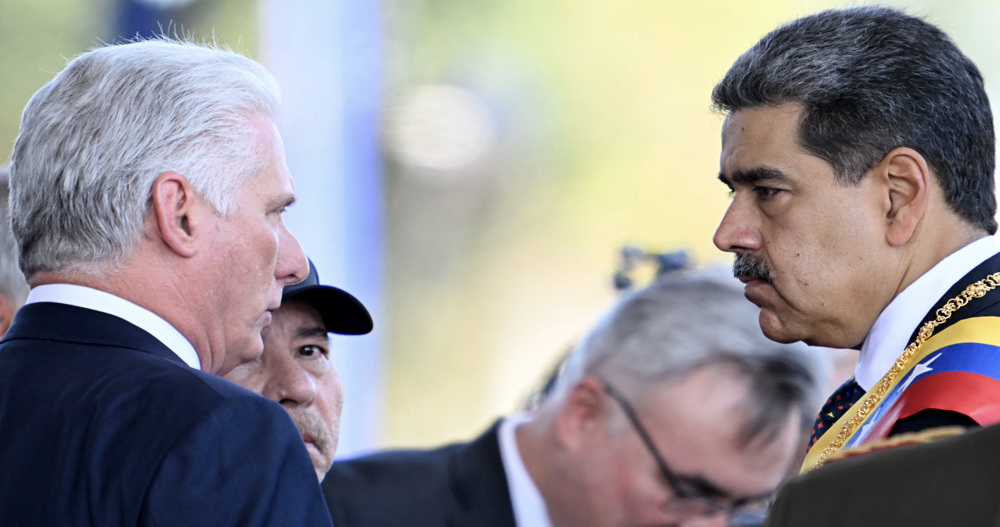



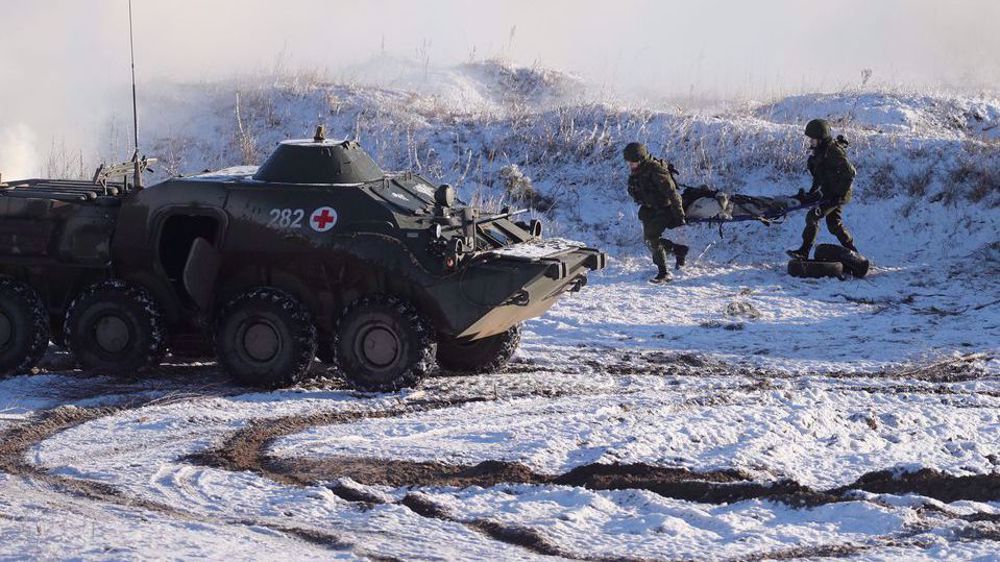

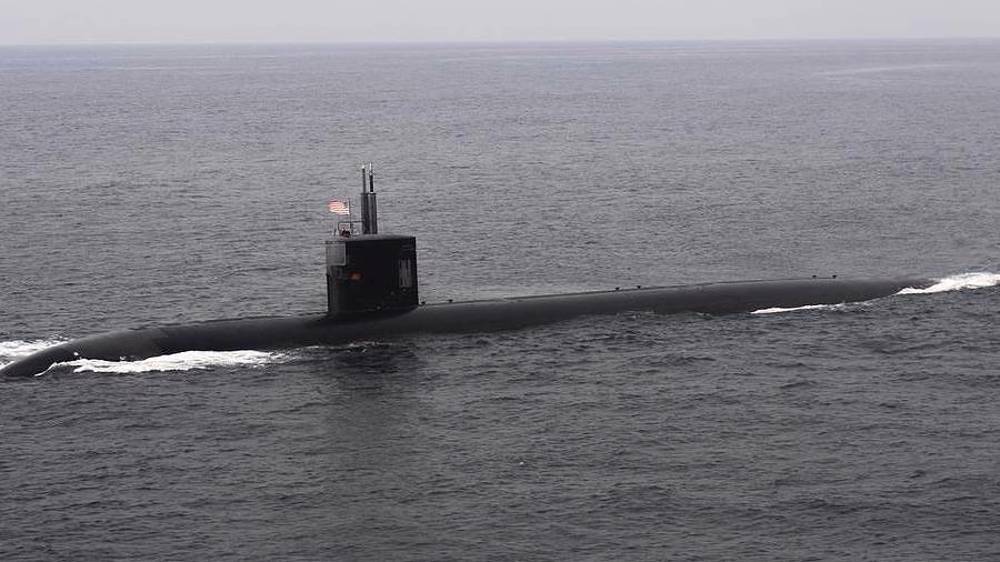

 This makes it easy to access the Press TV website
This makes it easy to access the Press TV website